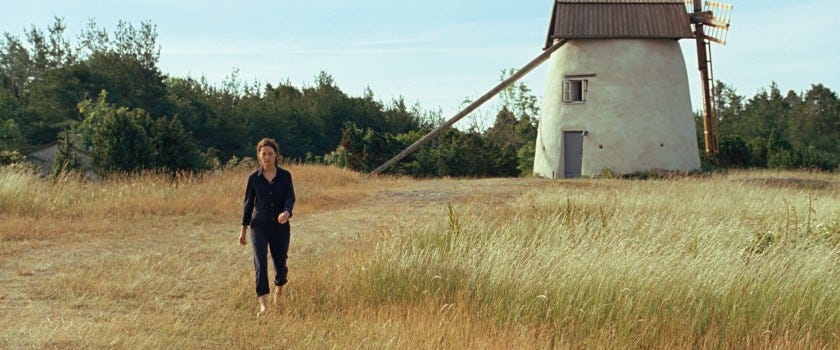Watching
Bergman Island (2021)
The fourth through sixth centuries AD produced a number of cartographical narratives written by Christians taking pilgrimages to the Holy Land. Sometimes these were sparse and read like a set of Google Maps directions (“from Bordeaux travel this far east, then travel this far south, then travel this far east, then travel…”).…




